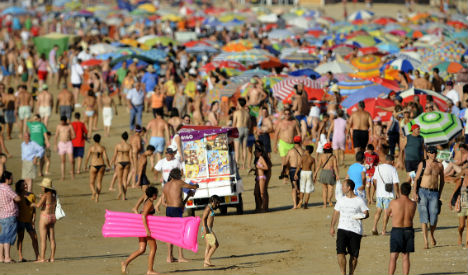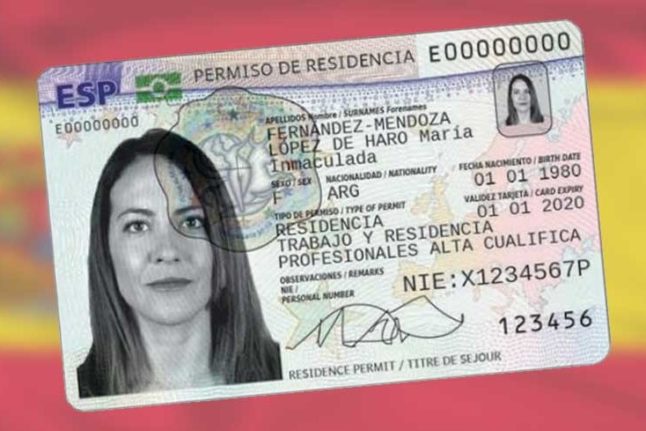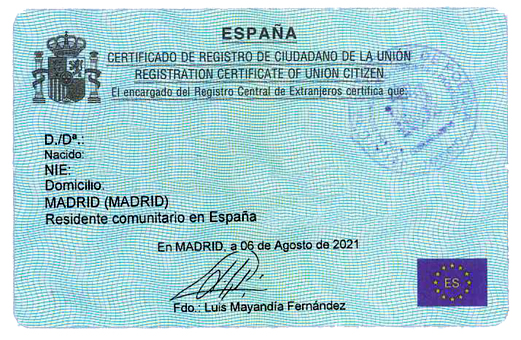“Far be it from me to think that we have hit a ceiling, we are far from that,” Tourism Minister Alvaro Nadal told a news conference to present tourism figures for 2016.
The number of arrivals last year was up by 9.9 percent over the 68.1 million foreign visitors who flocked to the country in 2015. It was the fourth consecutive year of record numbers of arrivals.
Britons again topped the list with 17 million visitors to Spain in 2016, about one in five of the total and a 12.3 percent increase over the previous year.
“There was no Brexit effect in 2016, it did not affect British tourism in our country,” said Nadal, before adding this trend should continue this year.
“Advance reservations as well as requests for landing slots at Spanish airports are going very well which confirms that the tendency for British tourism remains the same.”
READ MORE Off the beaten track: 14 best travel secrets in Spain
The Madrid-based United Nations World Tourism Organisation (WTO) had already said on Monday that Spain had hosted around 75 million foreign arrivals last year.
Spain was the third most visited country in the world in 2015 after France and the United States, according to the WTO. It will unveil its ranking for 2016 on Tuesday.
Each foreign tourist spent an average of €1,023 ($1,078), a 3.75 percent increase over the 2015 figure.
They spent a total of €77 billion in the country in 2016, an 8.3 percent increase over the previous year.
Exceltur, which groups the country's major hotel chains, travel agents and tour operators, warned last year average revenues per person had fallen by between two to six percent, depending on the month, because tourists had shortened the length of their stay.
Tourism represents some 11 percent of Spain's gross domestic product




 Please whitelist us to continue reading.
Please whitelist us to continue reading.
Member comments